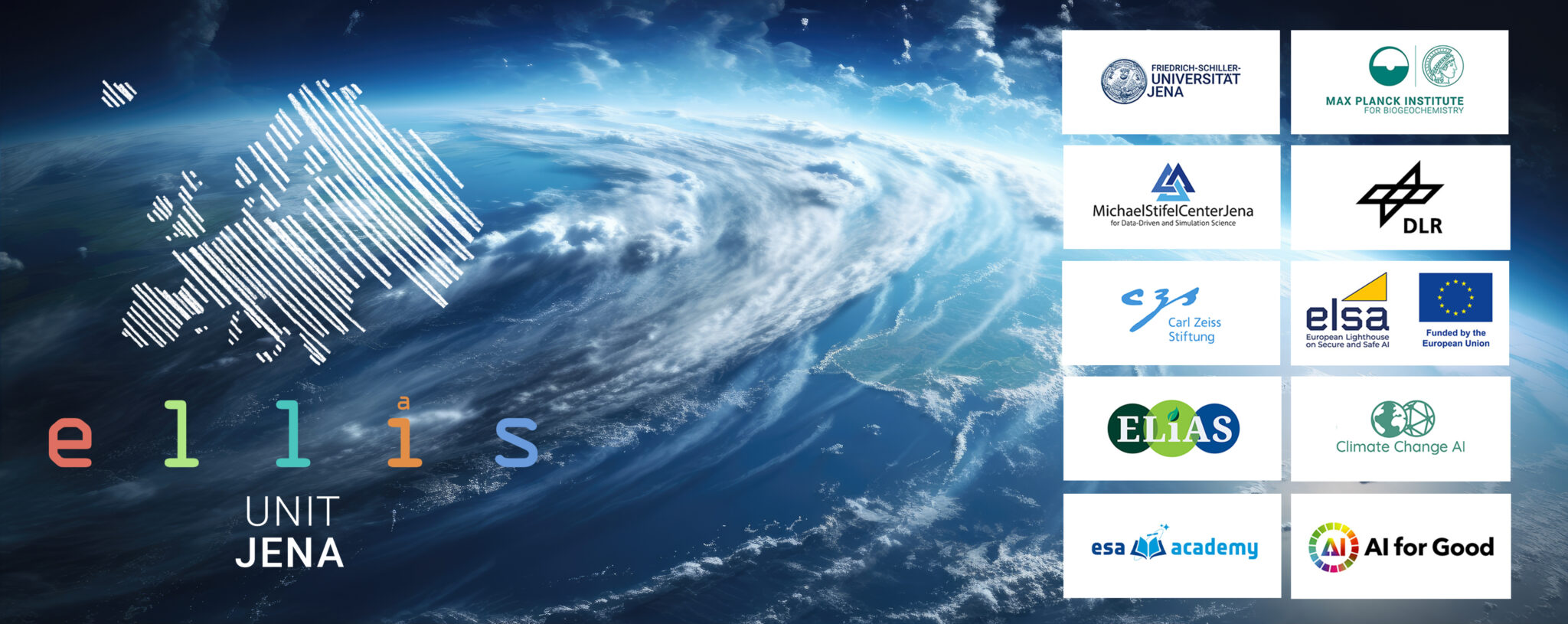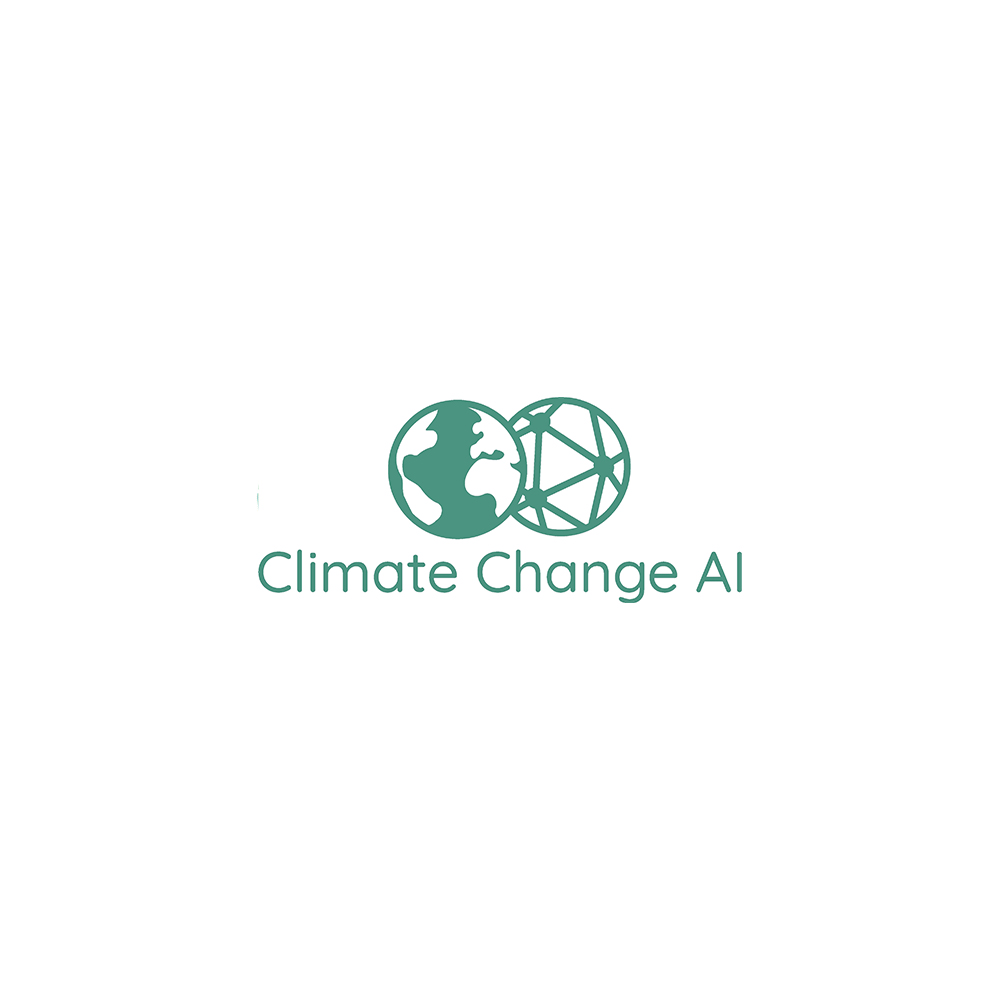Leipzig Book Fair 2024
Artificial intelligence has been on everyone’s lips for more than a year, as it has made creative tasks possible, such as automatic writing of texts (e.g., ChatGPT) or generating images (e.g., Dall-E). The panel will discuss whether the development that has led to the so-called generative models can also be used to address the impending challenges of climate change for society. Specifically, it examines the possibilities of today’s AI for early warning and decision-making systems in the context of climate, environmental, and health risks.
The floods in the Ahr Valley in 2021 and at the turn of 2023-2024 have shown that the entire early warning chain is of enormous importance. Can AI be a decisive factor for increasing resilience in coping with climate crises and adapting to climate extremes and systemic risks? This concerns not only the immediate impact of extreme weather events but also health risks that must be predicted for individual groups of people and regions of a country so that appropriate warnings can be issued or long-term political decisions can be made.
This panel discussion promised to be a lively and insightful forum that illuminated the latest developments and ideas at the intersection of AI, climate science, medicine, and societal resilience.
Karen Dall has been a Technical Officer at the German Red Cross since December 2020. In her position, she supports projects in the field of anticipatory humanitarian aid, with a focus on Africa, particularly in the regions of Somalia, Madagascar, and Mozambique.
Prof. Dr. Orlando Guntinas-Lichius is the Director of the Clinic for Ear, Nose, and Throat Medicine at Jena University Hospital. He coordinates the BMBF project WeCaRe, whose primary goal is to ensure or improve local care in structurally weak regions using AI-based sensory intelligent telemedicine.
Joachim Denzler is a Professor of Computer Vision at Friedrich Schiller University Jena. His main research interests lie in the analysis, prediction, and understanding of complex dynamic systems, including applications in medicine, psychology, and earth system sciences. He is involved in the development of machine learning methods, particularly causality and deep learning, and aspects of explainable AI.
Markus Reichstein, Director of the Max Planck Institute for Biogeochemistry and Professor at Friedrich Schiller University Jena, is a pioneer in the application of AI for environmental sciences. As a co-founder of the ELLIS program and the ELLIS Unit Jena, he focuses, among other things, on researching the impacts of climate extremes on ecosystems. His vision is to use science, especially AI, more intensively for sustainability and the protection of our environment, thus preserving the world for future generations.
Vitus Benson is a doctoral student at the Max Planck Institute for Biogeochemistry in Jena, researching data-driven methods for early warning of the impacts of climate disasters such as droughts and heatwaves on ecosystems.

The Leipzig Book Fair (Leipziger Buchmesse) is the second largest book fair in Germany after the Frankfurt Book Fair. The fair takes place annually over four days at the Leipzig Trade Fairground in the northern part of Leipzig, Saxony. It is the first large trade meeting of the year and as such it plays an important role in the market and is often where new publications are first presented.
During the Leipzig Book Fair 2024, the universities from Halle, Jena, and Leipzig hosted the FORUM UNIBUND. Scholars from these universities presented recent book publications at the forum, enhancing the visibility of the UNIBUND and academia at the book fair. The event „AI for Early Warning and Management of Climate Risks: Opportunities and Challenges“, which was scheduled for March 21st from 3 to 4 p.m., was an official part of the FORUM UNIBUND program.

















